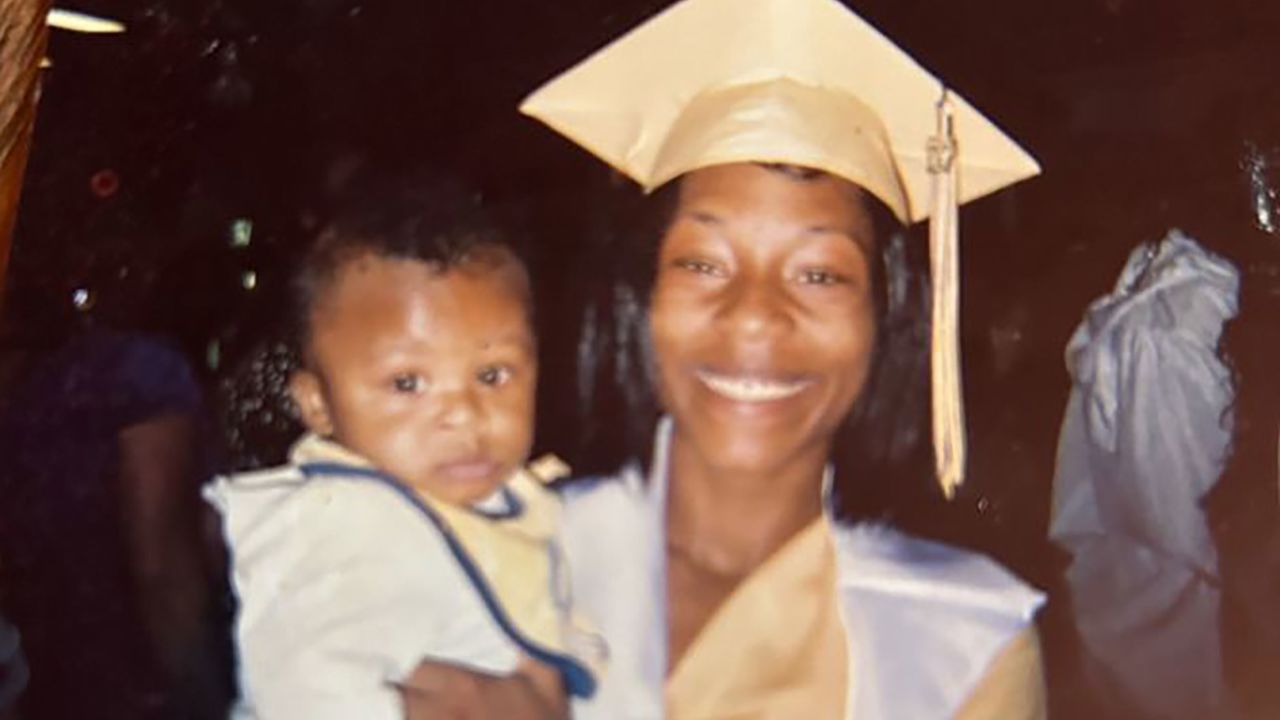
NGOCSTIP – Sonya Massey became a national symbol of the ongoing debate over police accountability after she was fatally shot by former Sangamon County Sheriff’s deputy Sean Grayson in July 2024. The unarmed Black woman had called 911 for help after reporting a prowler near her home in Springfield, Illinois. What began as a desperate plea for safety turned into a tragedy that shook the nation. As the case nears its conclusion, emotions are running high inside the courtroom. The defense and prosecution prepare for their closing arguments, each determined to convince the jury of their version of events. For the Massey family, this moment represents the culmination of months of pain, frustration, and public outcry for justice. The murder trial has now become a defining test for how the American justice system addresses cases of police violence against unarmed civilians.
Former deputy Sean Grayson broke his silence on Monday in court. He testified in his own defense before the jury. Grayson described the tense moments leading to the shooting of Sonya Massey. He admitted his body camera was off during his arrival. That admission sparked public outrage and deep skepticism nationwide. Grayson claimed he feared for his safety during the encounter. He said Sonya Massey moved toward a pot of boiling water. He interpreted her actions as a serious potential threat. Grayson told jurors he believed Massey was unstable or under influence. His partner gave earlier testimony contradicting Grayson’s account of fear. The partner said he was not afraid of Massey. Instead, he admitted feeling uneasy around Grayson during the call. The courtroom grew silent as Grayson described the fatal instant. He insisted he acted on instinct to perceived danger. His testimony divided the courtroom between disbelief and sympathy.
The tragic killing of Sonya Massey not only devastated her community but also prompted immediate calls for reform. In the aftermath of her death, protests erupted throughout Illinois, with activists demanding justice and greater accountability from law enforcement agencies. The outrage led to the creation and signing of the Sonya Massey Bill by Governor JB Pritzker in August. The law mandates deeper background checks for officers to prevent unqualified or unstable individuals from serving in critical roles. The legislation also aims to improve training in de-escalation techniques and mental health awareness. Lawmakers described the bill as a step toward rebuilding trust between citizens and police. For Massey’s family, the bill carries her legacy, transforming their grief into a movement for systemic change. Yet, many argue that true justice will only come with a fair verdict in Grayson’s trial.
Inside the courtroom, the atmosphere grows more intense as both sides prepare for their final statements. Meanwhile, prosecutors argue that Sonya Massey posed no real threat and that Grayson’s actions were reckless and unjustified. They emphasize her last words and the tragic irony that she had called for help but met her death instead. On the other hand, the defense insists that Grayson acted according to his training and believed he was in danger. Furthermore, the jurors, consisting of nine women and three men, have listened to hours of testimony from witnesses, experts, and officers. Notably, one juror, the only Black member of the panel, has become a focal point of public attention, reflecting the racial undertones surrounding the case. Ultimately, as the final arguments near, the eyes of the nation remain fixed on the courtroom, awaiting a verdict that could shape future policing standards.
The murder trial of Sean Grayson has become more than a legal case. It reflects America’s deep struggle with race and justice. People on social media express support for Sonya Massey’s grieving family. Others debate the split-second choices made by police officers under pressure. Legal experts say this verdict could set an important national precedent. Families of other victims of police violence follow the case closely. They see Sonya Massey’s tragedy as a reflection of their pain. Outside the courthouse, community leaders organize vigils and silent prayers. They hope for justice, accountability, and a step toward healing. As closing arguments begin, twelve jurors must decide Sean Grayson’s fate. They now hold both his future and Sonya Massey’s legacy in their hands.
This article is sourced from cbsnews and for more details you can read at ngocstip
Writer: Sarah Azhari
Editor: Anisa